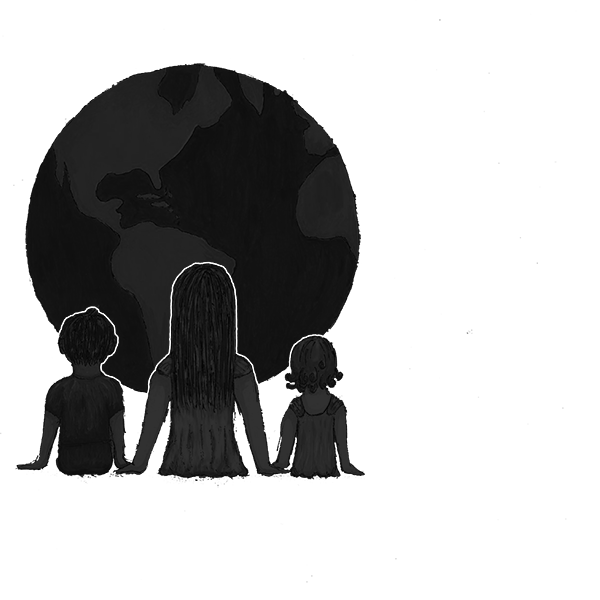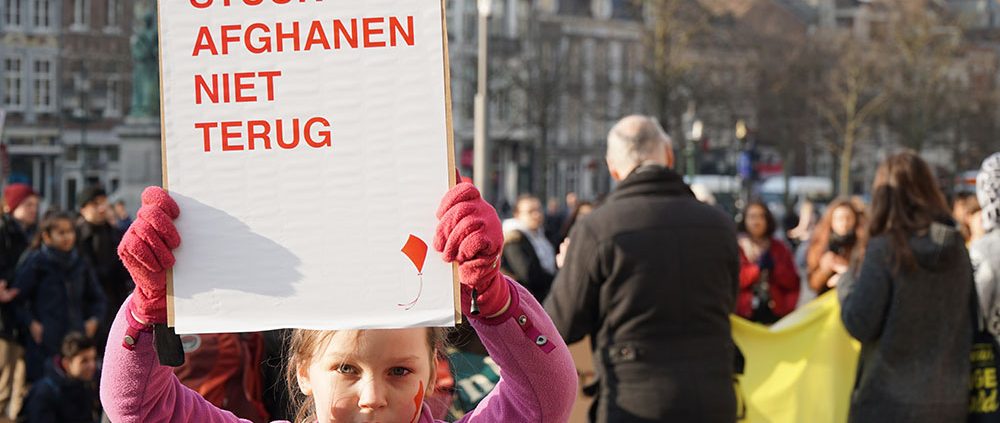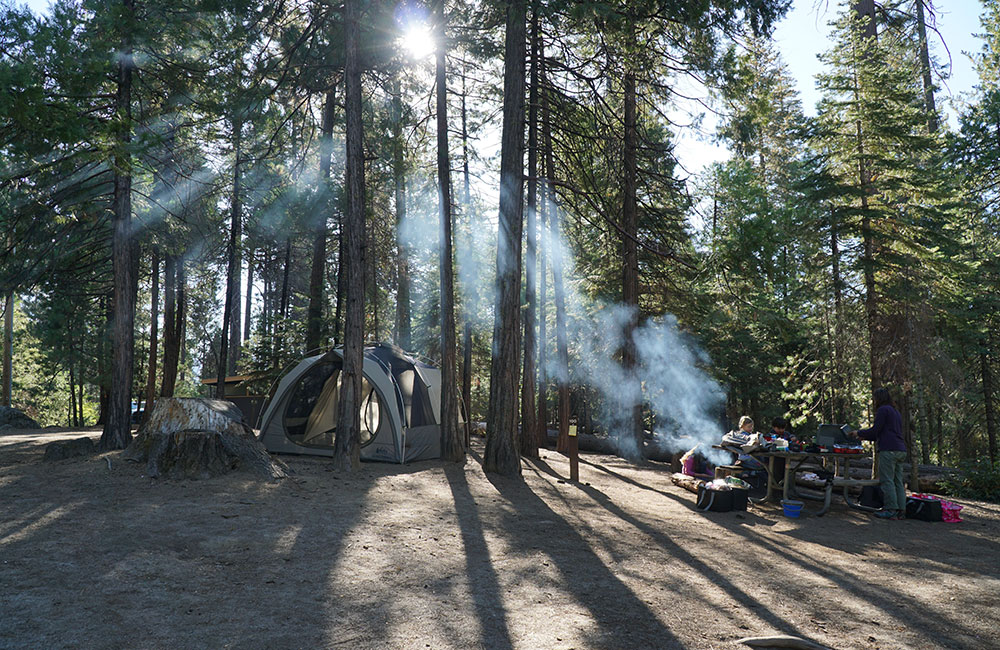“Mama, why are we here?” “Because the Dutch government wants to send refugees back to Afghanistan, even though it’s not safe there.” My daughter considered this for a moment. “That’s horrible!” she decided, “give me a sign!”. And with the resolution of a 9 year old, she raised it up, defying anyone to challenge her new found conviction.
Sunday, I took the children to a protest march against the forced repatriation of Afghan refugees. I wanted to teach them that two hours of our solidarity could mean the difference between life and death for the Rezaie family in Maastricht and their son, UWC student Haroon, who has become the public face of their struggle. So we painted red kites on our faces and brought up the rear as we followed the demonstration around the streets of Maastricht.
What’s going on?
A 2016 EU policy, “A Joint Way Forward”, states that ‘both the EU and Afghanistan face unprecedented refugees and migration challenges’. It signals a joint commitment to limit ‘irregular migration’ and intent to return anyone without a legal basis for staying in the EU to Afghanistan.
Please take a minute to reflect whether both parties are indeed equally unequipped to deal with refugees… and how a term like ‘irregular migration’ seems to be referring to people who merely arrived in Europe outside the legal channels instead of refugees.
The problem is, of course, that Afghanistan is not safe. And ‘not safe’ is an understatement if one is to believe the travel advice on various government websites. Amnesty International has documented many harrowing cases of refugees sent back from Europe who did not survive their return and U.S. news outlets refer to the Afghan War as the ‘longest war in its [the U.S.] history’.
The question then becomes: is it legal to return refugees to a war zone or a country where they are in danger of persecution (‘non-refoulment’)? Not according to the 1951 Convention Relating to the Status of Refugees or its 1967 Protocol. Unfortunately, here international law conflicts with domestic interests, which is limiting the number of asylum seekers in the EU. The result is that Afghan refugees who are unable to prove that their lives will be in mortal danger upon return, are being sent back to a country unfit for Westerners to travel to. That there is a racial component to this policy cannot be ignored.
So…
Maybe the question we need to ask ourselves is: what kind of society do we want to be? How important is it to us, to Maastricht, that respected and beloved members of our community, are facing a violent and insecure future if send back to the country they came from? Are they not just like us?
….
We were standing on the market square and I noticed a familiar young man with a blue backpack on the steps of the Maastricht city hall. He was holding a flag, his mother and siblings nearby. His father listened intently to the young activists and left politicians speaking to the gathered crowd. For a brief moment, he looked right into my camera and I snapped a picture.
“That’s Haroon” I said to my daughter, “and that’s his family. They are the reason we are here today.” She glanced over, smiled, and held her sign as high as it would go.
BACKGROUND READING
- JWF:Joint Way Forward on migration issues between Afghanistan and the EU
- Amnesty International (via Time):Europe is Betraying Afghanistan By Sending Its Refugees Home
- Afghan War in U.S. press: Pence visits Afghanistan, says U.S. will ‘see this through’
- Stand up for Afghans
- Non-refoulment (sending asylum seekers back to nations where they would face persecution)



Leave a Reply
Want to join the discussion?Feel free to contribute!